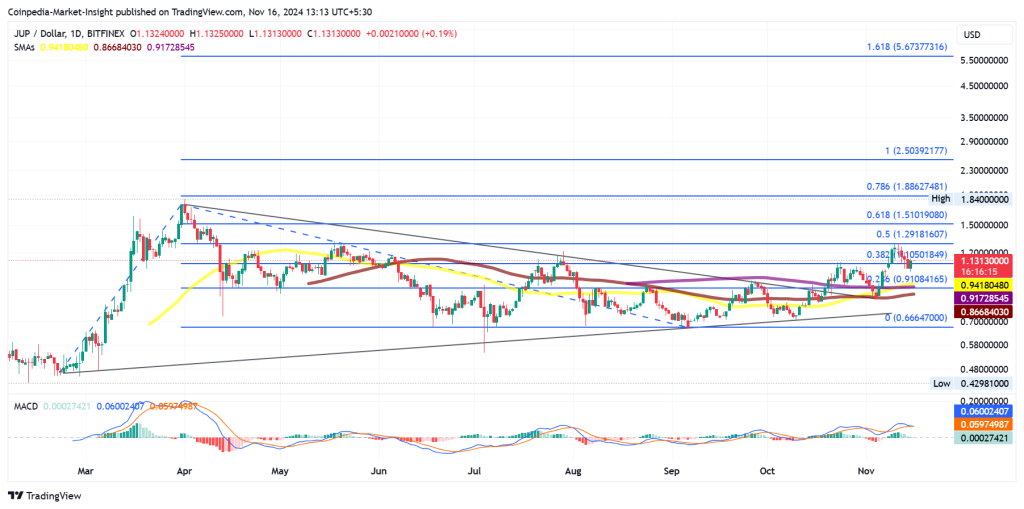Oman has decided to adopt cryptocurrencies and invest millions in cryptocurrency mining operations.
However, this decision has led to discussions among Islamic scholars about whether cryptocurrencies align with Sharia law. There are debates about their legitimacy and compatibility with Islamic principles.
A Brave and Landmark Decision
Oman, a nation that follows strict Islamic principles, has entered the world of cryptocurrency mining. The country has made significant investments to strengthen its connection with cryptocurrency. This move aligns with Oman’s plan to become a digital leader in the competitive region. The Omani government has invested around $800 million in cryptocurrency mining, including a $300 million partnership with Abu Dhabi-based Phoenix Group.
The collaboration with Phoenix Group aims to establish a 150-megawatt crypto mining facility with Green Data City, a licensed crypto mining company in Oman. This facility is expected to start operating in 2024. Additionally, Oman approved a $370 million mining project by Exahertz International, which plans to expand operations with 15,000 additional machines by October.
These investments are a significant step in Oman’s efforts to boost its digital economy growth, as highlighted by Hamoud al-Maawali, Oman’s Minister of Transport, Communications, and Information Technology.
The Islamic View on Cryptocurrencies
Oman’s venture into the cryptocurrency realm coincides with a broader trend of crypto adoption across the region. However, it unfolds amid discussions within the Islamic world about the compatibility of cryptocurrencies with Islamic principles. Sharia law, which guides Islamic financial practices, determines the legitimacy of financial instruments. Some Islamic scholars assert that the speculative nature of cryptocurrencies renders them impermissible for Muslims. This viewpoint has prompted the issuance of religious rulings (fatwas) by scholars in countries like Egypt, Turkey, and Indonesia.
Yet, there’s an opposing perspective that argues cryptocurrencies, due to their lack of interest-bearing attributes, can be considered permissible. Advocates of this viewpoint highlight the increasing acknowledgment of cryptocurrencies to bolster their argument. A notable aspect of this debate centers on Ethereum, with some scholars deeming it permissible. However, the Indonesian Ulema Council, a prominent body of Islamic scholars, has declared all cryptocurrencies as prohibited.
Rise of Cryptocurrency Adoption in Muslim Nations
Amidst the ongoing debate about the compatibility of cryptocurrencies with Islamic principles, it’s evident that many Muslim-majority countries have enthusiastically embraced digital assets in recent times. In a study by Chainalysis conducted in 2022, the Middle East and North Africa emerged as rapid-growing cryptocurrency markets. Notably, four out of the twenty countries on Chainalysis’s Crypto Adoption Index are predominantly Muslim nations. This trend is also visible in countries with significant Muslim populations, like Nigeria.
However, the regulatory landscape across these nations varies considerably. Some, such as the United Arab Emirates (UAE), are fostering a favorable environment for crypto-related activities. Meanwhile, countries like Turkey permit crypto trading but impose restrictions on its use for payments and by financial institutions like banks.
Important: Please note that this article is only meant to provide information and should not be taken as legal, tax, investment, financial, or any other type of advice.
Join Cryptos Headlines Community
Follow Cryptos Headlines on Google News











